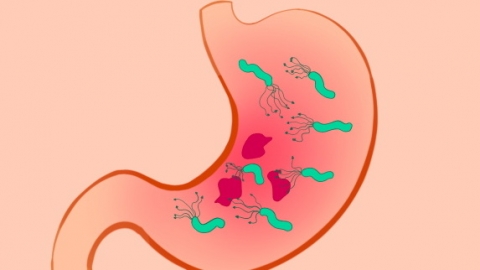Is Helicobacter pylori toothpaste really effective?
Generally speaking, whether Helicobacter pylori toothpaste is effective depends on its intended purpose. For treating Helicobacter pylori infection, this type of toothpaste is usually ineffective and cannot eliminate bacteria in the stomach. However, it may have an auxiliary cleaning effect in reducing Helicobacter pylori or other bacteria possibly present in the oral cavity. The detailed analysis is as follows:

If Helicobacter pylori toothpaste is used to treat an infection, it will not achieve the desired effect. Helicobacter pylori mainly colonizes in the gastric mucosa, while toothpaste only acts on the oral cavity and cannot reach the stomach to kill bacteria. Currently, clinical treatment requires standardized quadruple therapy, using oral medications that directly target the gastric lesions to effectively eliminate the bacteria.
If used as a daily oral hygiene product, toothpastes containing antibacterial ingredients may help inhibit or remove residual bacteria in the mouth, thereby reducing bacterial load and improving oral hygiene. However, the effects are limited to the oral cavity and cannot replace standard medical treatment or prevent cross-transmission of bacteria between the mouth and stomach.
It is recommended to maintain good oral hygiene by thoroughly brushing teeth with regular toothpaste in the morning and evening, rinsing after meals, replacing toothbrushes regularly, and avoiding sharing personal items. If an infection is diagnosed, follow the doctor's prescribed treatment plan, maintain regular eating habits, and reduce the intake of irritating foods.






